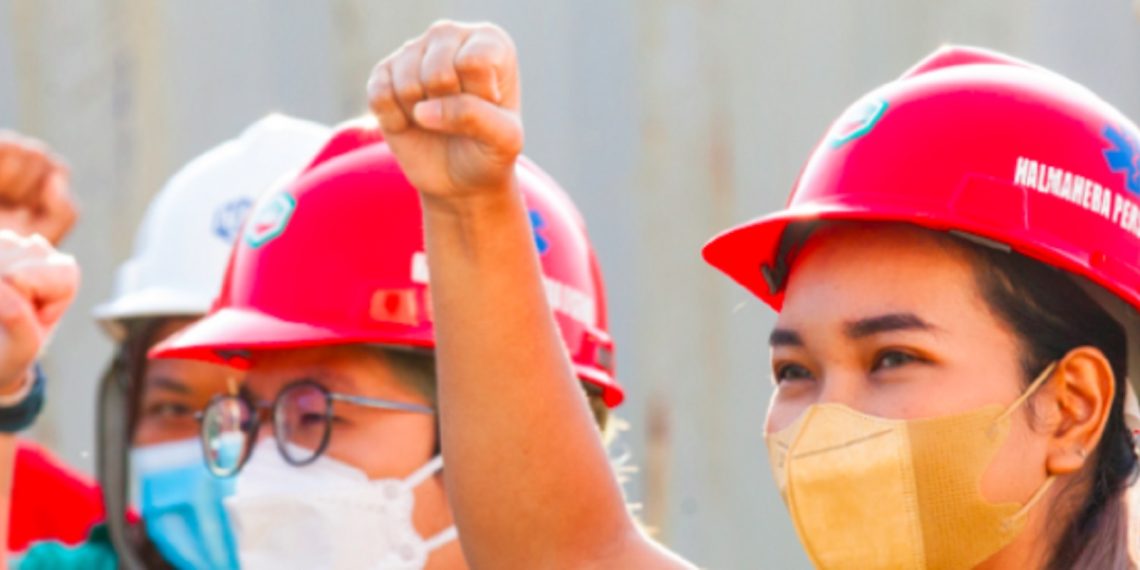In a report by S&P Capital, Harita Nickel has commenced an “end-to-end” audit by Roy Arman Arfandy, as it pursues becoming a frontier in passing environmental, social, and governance compliance audits by US automakers. The company aims to achieve certification of its metal for emerging battery passports.
The concept of battery passports is growing as calls for increased transparency in battery supply chains are mounting. The EU is already preparing a regulation to support the development of a battery passport to track material sourcing, emissions, and other elements of a battery’s journey right through to when the materials were mined. North American carmakers are also taking steps to track and share supply chain history with consumers.
With the global focus shifting to green energy materials and electric vehicle (EV) battery production, Indonesia has seen a surge in investment from foreign carmakers. Toyota announced plans for a five-year project in mid-2022 to produce EVs, while Hyundai formed a US$1.1B joint venture with LG Energy Solution in 2021 to build an EV battery plant targeting production in 2024. The carmaker’s Indonesian subsidiary started producing EVs in March 2022.
US-based Tesla also approached the Indonesian government in 2020 but faced concerns from environmental groups about possible damage to Indonesia’s environment and communities.
These concerns stem from decades of Indonesian miners having to grapple with environmental challenges, such as the disposal of tailings and reducing coal reliance. To combat several of these issues, Harita Nickel’s president and director, Roy Arman Arfandy, stated that the company’s plans include rebuilding reefs, installing solar power, and building a coal dome and conveyor belt to reduce dust and lower emissions to improve the company’s environmental footprint.
Harry Fisher, a Benchmark project manager tracking nickel and cobalt markets, stated that miners in the country fall on a spectrum of ESG compliance, with some making progress and others “need to do a lot more even just reporting, let alone putting standards in place.”
“There is ambition from producers. The entire supply chain will need to clean up to serve Western [original equipment manufacturers]. They’re not going to accept lower ESG standards than other parts of the world.”
“We have our integrating mining operation, so we don’t have any serious problem with that,” Arfandy said.












